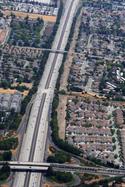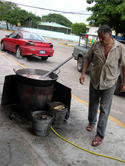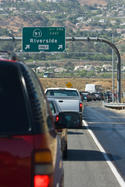By Richard Reep
Noted architect Daniel Liebeskind, teaching at Yale in the early 1990s, proclaimed “Public space is dead”. A provocative notion at the time, he was simply observing American cultural phenomena, and our evolution away from Main Street into the mall, away from the downtown church to the suburban megachurch, and away from common space into private space. While all this is true, it misses a countercyclical element in our cities, and in the Orlando area, public space is very much alive and assuming a new role in the neighborhoods. read more »






















